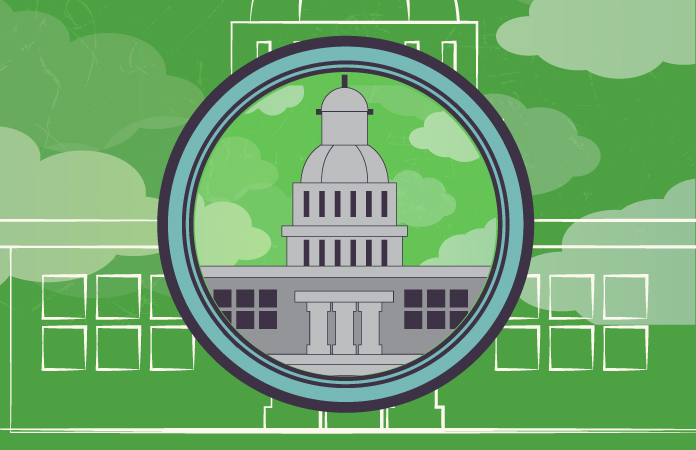
The speed with which bills are being signed into law is increasing — but the session isn’t over yet and bills continue to be introduced. This week, lawmakers in the Colorado House of Representatives introduced a bill that would protect injured workers from having their mental health records disclosed to anyone who isn’t directly involved with adjusting or adjudicating the claims and without permission of the mental health provider or worker. Other noteworthy bills include one to fund behavioral healthcare in the justice system, one to redirect a percentage of federal child support payments to the Colorado Department of Human Services and more.
House Bill 1354 — Protecting Injured Workers' Mental Health Records
Description: Protecting Injured Workers' Mental Health Records
Sponsors: M. Lindsay, D. Michaelson and Jenet F. Winter
Summary: The bill clarifies provisions in the Workers' Compensation Act of Colorado relating to the release and disclosure of mental health records pertaining to an injured employee who makes a claim under the act. Among other provisions, the bill defines "mental health records" as psychological or psychiatric intake evaluation or progress notes or psychiatric independent medical examination and division independent medical examination records pertaining to a claimant; requires a mental health provider to provide an insurer with mental health records, as necessary for payment, adjustment and adjudication of claims involving psychiatric issues; and prohibits the disclosure of mental health records to any person who is not directly involved in adjusting or adjudicating claims involving psychiatric issues without the consent of the mental health provider or claimant.
Senate Bill 196 — Health Needs Of Persons In Criminal Justice System
Description: Health Needs Of Persons In Criminal Justice System
Sponsors: J. Gonzales, P. Lee, J. Bacon and A. Benavidez
Summary: The bill establishes the early intervention, deflection and redirection from the criminal justice system grant program in the Behavioral Health Administration to provide grants to local governments, federally recognized Indian tribes, health care providers, community-based organizations and nonprofit organizations to fund programs and strategies that prevent people with behavioral health needs from becoming involved with the criminal justice system or that redirect individuals in the criminal justice system with behavioral health needs to appropriate services.
House Bill 1360 — Retaining Percentage Of Federal Child Support Payments
Description: Retaining Percentage Of Federal Child Support Payments
Sponsors: B. Titone, M. Baisley and C. Kolker
Summary: Current law requires the Department of Human Services to pass through 100% of the federal child support incentive payments received by the state to county departments of human or social services. Beginning in federal fiscal year 2024, the bill allows the state department to retain a percentage of the federal incentives the state receives. Beginning July 1, 2024, the bill requires the state department to report on each project funded by the federal incentive money the state retained to the joint technology committee of the general assembly.
Senate Bill 197 — Innovation School Zones With Alternative Governance
Description: Innovation School Zones With Alternative Governance
Sponsors: J. Coleman and C. Hansen
Summary: The bill allows an innovation school zone to use an alternative governance structure by which the school district board of education delegates management of schools within the innovation zone to another organization and the organization forms a partnership with the local school board. An innovation zone is required to submit information regarding the alternative governance structure in the innovation zone's innovation plan to the local school board.


